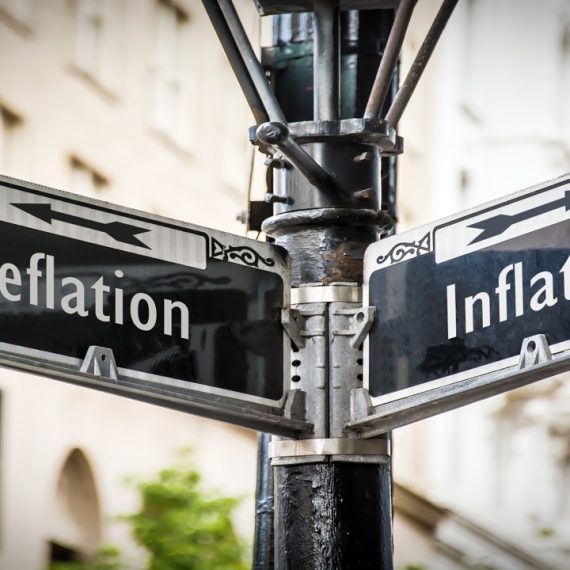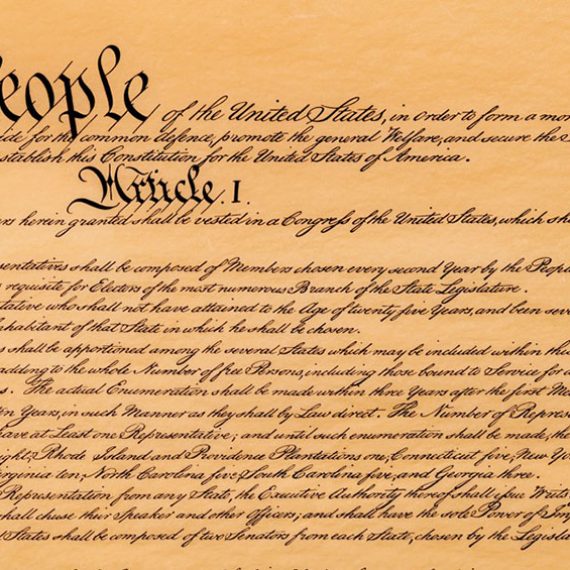August 7, 2012 – Money should always be separated from politics. Germany learned this lesson the hard way, and the Allies wanted to make sure for everyone’s sake that history didn’t repeat.
So when the Allies established in March 1948 the predecessor to the Bundesbank, the Bank deutscher Länder, it was completely independent of all German political bodies and influence. As Wikipedia makes clear: “After the negative experience with a central bank subject to government orders, the principle of an independent central bank was established.” A central bank should be attuned to markets, not government dictates.
The Bank deutscher Länder introduced the Deutsche Mark in June 1948, and so began Germany’s economic miracle. Following the sound money policies of its predecessor, the Bundesbank after its creation in 1957 made the Deutsche Mark one of the world’s most valued currencies. As a result of this achievement, the Bundesbank became the most respected central bank through the end the 20th century. Importantly, the principle aim of the Allies was achieved; politics and money were kept separate.
Circumstances, however, began to change in 2001 when Germany ceded control of its currency to the European Central Bank. At first, the changes were subtle, with both politicians and central bankers claiming that the ECB would continue adhering to Bundesbank principles. But if people readily accepted these promises at face value, they received a nasty wake-up call in May 2010.
As the Greek crisis took center stage, then ECB president Trichet repeatedly promised that the ECB would not buy Greek government bonds. In May 2010, however, immediately following a weekend meeting of EU politicians, the ECB began buying Greek government bonds, and has since added purchases from other over-leveraged debtor countries in the EU. By reneging on his repeated promise, it was clear that Mr. Trichet was bending to the will of politicians. He caved in and followed government orders, and doing so turned his back on Bundesbank principles.
That development was worrying. But an event later that year confirmed to me that Europe was clearly heading in the wrong direction. German Chancellor Angela Merkel was quoted in The Telegraph as saying “the primacy of politics over markets must be enforced”.
Given that currency is central to the human interaction we call the “market”, did she mean that politics are more important than currency? Did she mean that it is okay for the euro to be debased by buying Greek debt because political ambitions are more important than following the rules which made the Bundesbank so successful and revered?
I wrote about her comment at the time, and mentioned it again earlier this year when again writing about Greece. I had hoped that she was misquoted. How else can one interpret “the primacy of politics” to mean anything other than governments giving orders to central banks?
It was therefore more than disheartening to read in Bloomberg that those alarming buzzwords have re-appeared. According to Georg Streiter, Merkel’s deputy spokesman, the German government is “not worried” by ECB president Draghi’s recent comments to consider more sovereign debt purchases because he “clearly addressed the primacy of politics in the euro crisis.”
When the “primacy of politics” prevails, the ECB cannot possibly be independent. It is taking orders from EU governments who assert the “primacy of politics” over markets, the principles of the Bundesbank and even the rule of law. After all, it is impossible to count the number of times Maastricht Treaty obligations and EU rules for budget deficits and debt limits have been broken. So the euro is destined to end badly, as I explain in a recent interview on King World News.
I mention in that KWN interview that we are in a Fiat Currency Bubble. The world is using currency backed by nothing but government promises, but is it a bubble?
In a bubble conventional ‘wisdoms’ defying logic and historical precedent become fashionable and fixed in the mindset of the population, holding sway until the bubble brought about by this fallacious thinking pops. We saw this phenomenon in the Internet Bubble, when it was said that profits don’t matter – only market share does. We saw it again in the Real Estate Bubble when it was said that home prices only go up. And we are seeing it now in the Fiat Currency Bubble as is clear from this comment in The Wall Street Journal: “European Central Bank President Mario Draghi sent the strongest signal to date that the ECB was willing to use its power to print money to preserve the euro.”
It is only with the perverted logic prevailing in a Fiat Currency Bubble that the euro can be saved by printing more money. Printing always results in destruction of a currency, not its salvation.
So the euro’s fate is sealed. Absent a 180-degree about-face in thinking and government policy, the euro will end up in the fiat currency graveyard. It will go the way of every other currency in which politics were considered more important than free markets – where governments gave orders to the central bank.

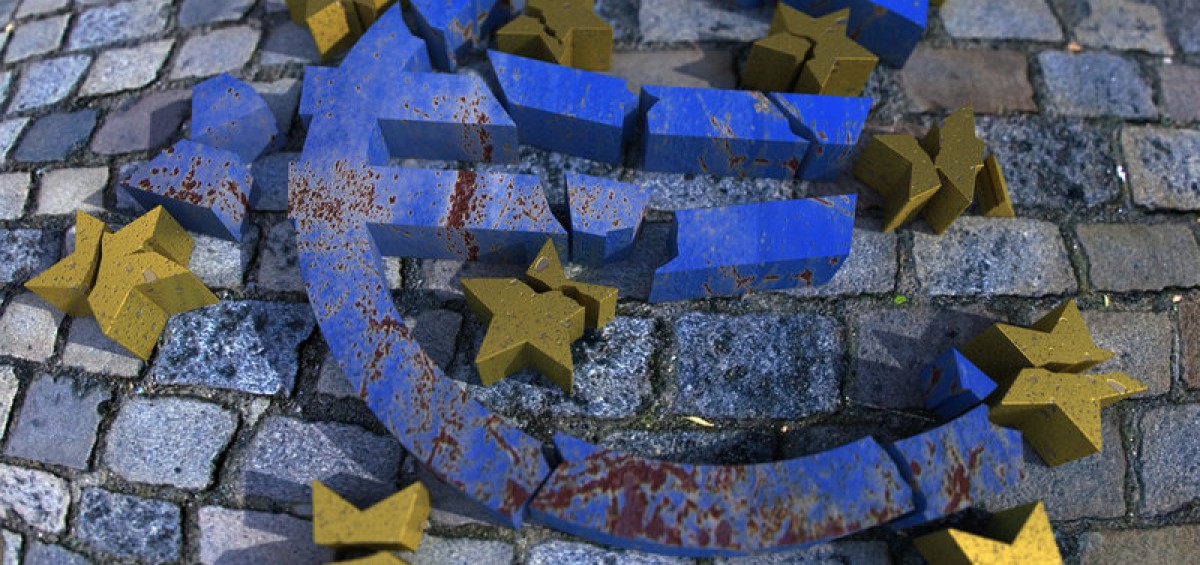
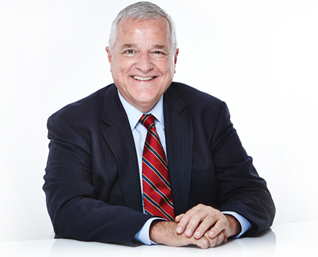

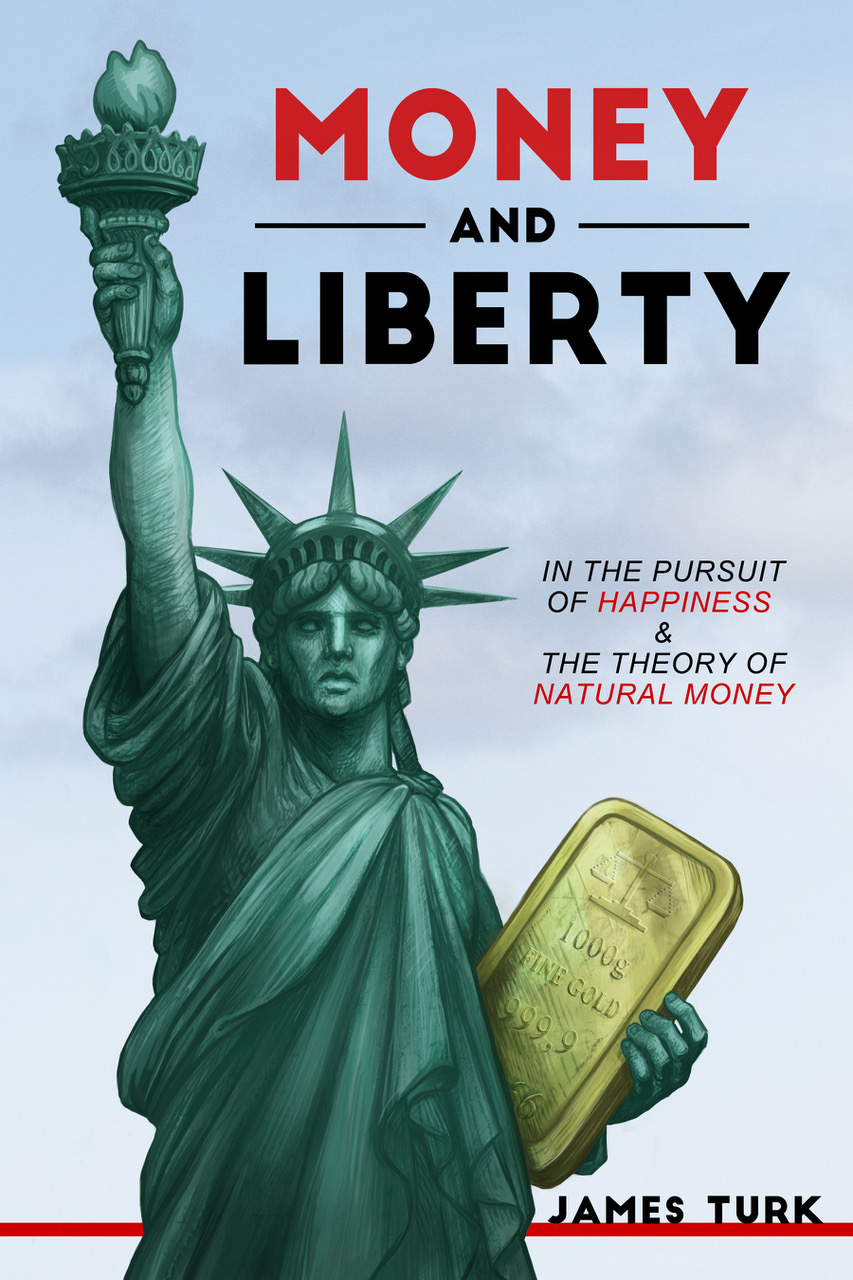
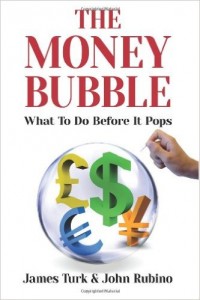
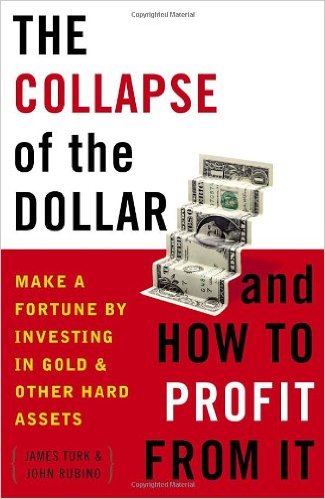
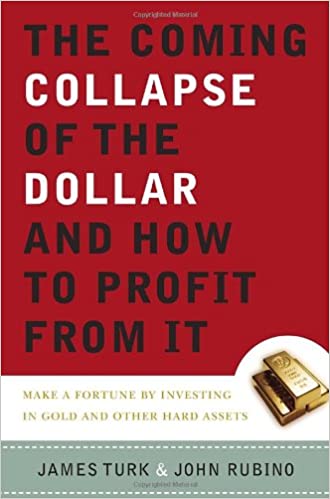
 My objective is to share with you my views on gold, which in recent decades has become one of the world’s most misunderstood asset classes. This low level of knowledge about gold creates a wonderful opportunity and competitive edge to everyone who truly understands gold and money.
My objective is to share with you my views on gold, which in recent decades has become one of the world’s most misunderstood asset classes. This low level of knowledge about gold creates a wonderful opportunity and competitive edge to everyone who truly understands gold and money.